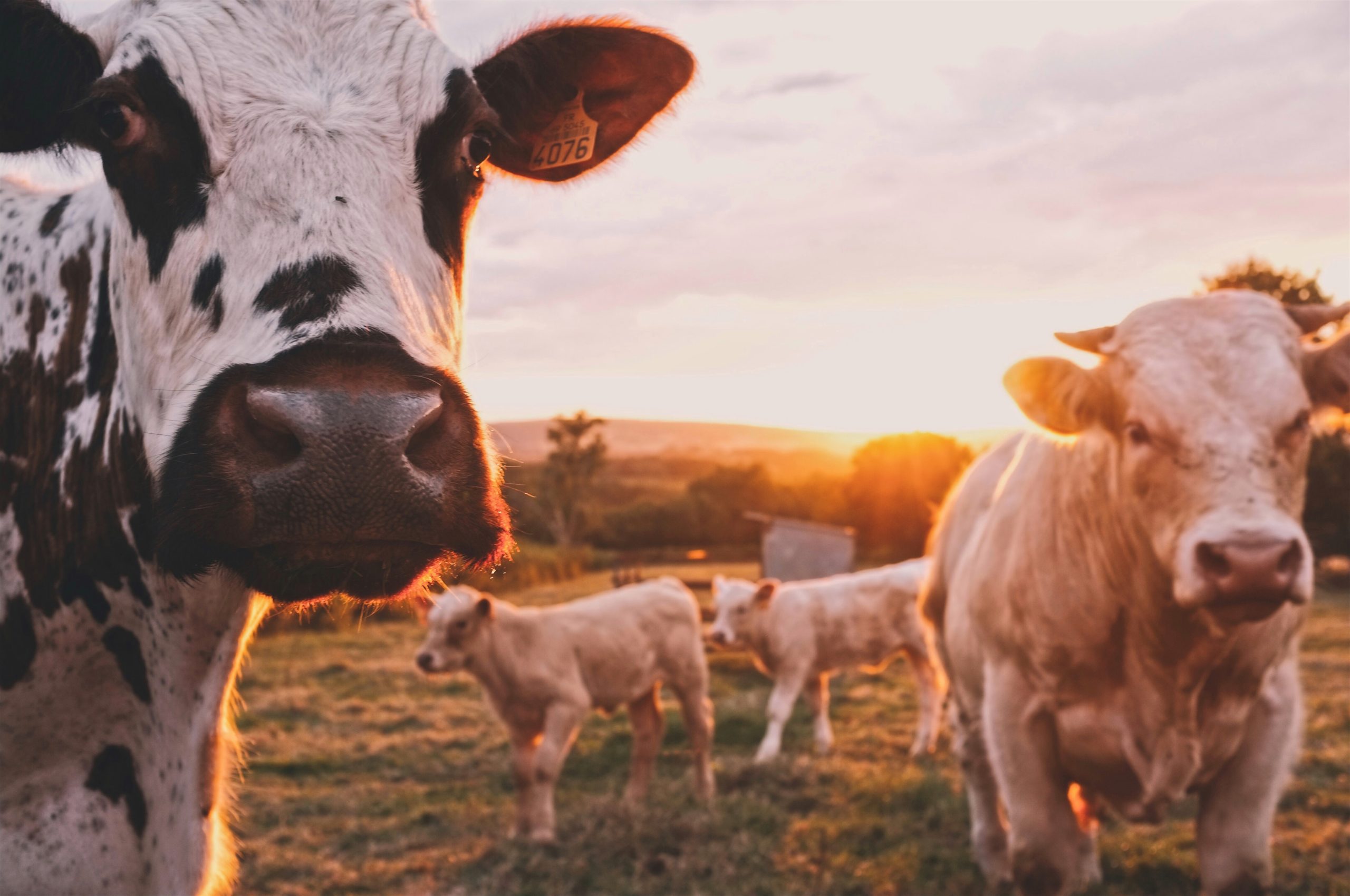Environmental groups call for a ‘rethink’ of the new 2050 Climate Strategy for farming in Ireland

The new 2050 climate strategy for farming in Ireland has received mounting criticism from several environmental groups
According to the Environment Pillar, a strategy that focuses on how the agricultural industry in Ireland could achieve carbon neutrality by 2050 may enable business-as-usual practices that continue to impact the environment and prevent Ireland from reaching its climate goals.
The Ag Climatise roadmap released by the Department of Agriculture suggests some changes in the farming industry, including a reduction in nitrogen use and a balancing of methane emissions. The plan has however received criticism from several environmental groups due to its lack of addressing the climate obligations in Ireland.
The EP, which represents the largest alliance of environmental groups in Ireland stated that the strategy required changes to ensure it becomes a ‘transformative’ policy by the recommendations set by the EPA. While the group supported some of the new measures, such as promoting organic farming and enhancing measures for national food security, it stated that the overall plan was insufficient to meet the real climate challenges facing the nation.
The EP explained that agriculture represents the largest emitting industry and is responsible for over 30% of the emissions nationwide. The climate footprint of agriculture has risen by over 10% in the last 10 years, and its emissions are predicted to accelerate even further due to an increase in cattle numbers. Without the necessary measures, the EP believes the industry could dramatically hinder the capacity to meet the binding 2030 emissions reduction targets and could seriously affect the long term net-zero plans for 2050.
Despite this warning, the Ag Climatise roadmap stated a need to stabilise methane emissions, rather than the necessity to implement significant reductions. The EP highlighted that stabilising methane emissions isn’t by the obligations set out in the Paris Agreement.
The EP also explained that the roadmap lacks clarity on fulfilling the legally binding Water Framework Directive obligations. Currently, over 50% of national waters are polluted, and agriculture is responsible for a large part of this. Ireland has been on the brink of its ammonia limits for several years and is forecast to continue on this level beyond 2030. Ammonia is a toxic substance and a major by-product of animal-based agriculture, as well as being a significant contributor to air pollution. Without a decline in cattle numbers, Ireland could likely continue to not meet EU laws, according to the EP.
The Stop Climate Chaos (SCC) coalition stated that the roadmap didn’t provide enough measures to reduce agricultural emissions by the climate targets set by Ireland. The SCC coalition admits there are some positive measures such as developing forest and land reserves, native woodland restoration and the promotion of organic and horticultural production.
Sadhbh O Neill, the policy coordinator of SCC clearly states that more cows will result in higher emissions and that there are effective measures that are capable of preventing enteric fermentation and other efficiencies are yet to deliver the promised reductions in emissions.
Farming organisations have generally accepted the measures in the document but said more supportive plans were required to drive change in the agriculture industry. Pat McCormack of the Irish Creamery Milk Suppliers Association explains that farmers will not find it difficult to accept and implement the new challenges. The problem farmers would have he explained would be with the lengthy guidelines concerning new duties, regulations and costs without clear profit margins, which he refers to as an economically broken and environmentally destructive supply-chain to the consumers.
Mr McCormack continued to stated that any intention to proceed with the suggested changes that didn’t include recognition of the existing low pricing of food was likely to fail and are inherently unfair. Tim Cullinan, president of the Irish Farmers Association explains that farmers were committed to emission reductions and had already adopted several measures highlighted in the Ag Climatise. The Irish Forum on Natural Capital (IFNC) further echoed the concerns of other environmental groups stating that Ag Climatise did not meet the urgent requirements for a comprehensive and fair climate and biodiversity strategy.
All News
